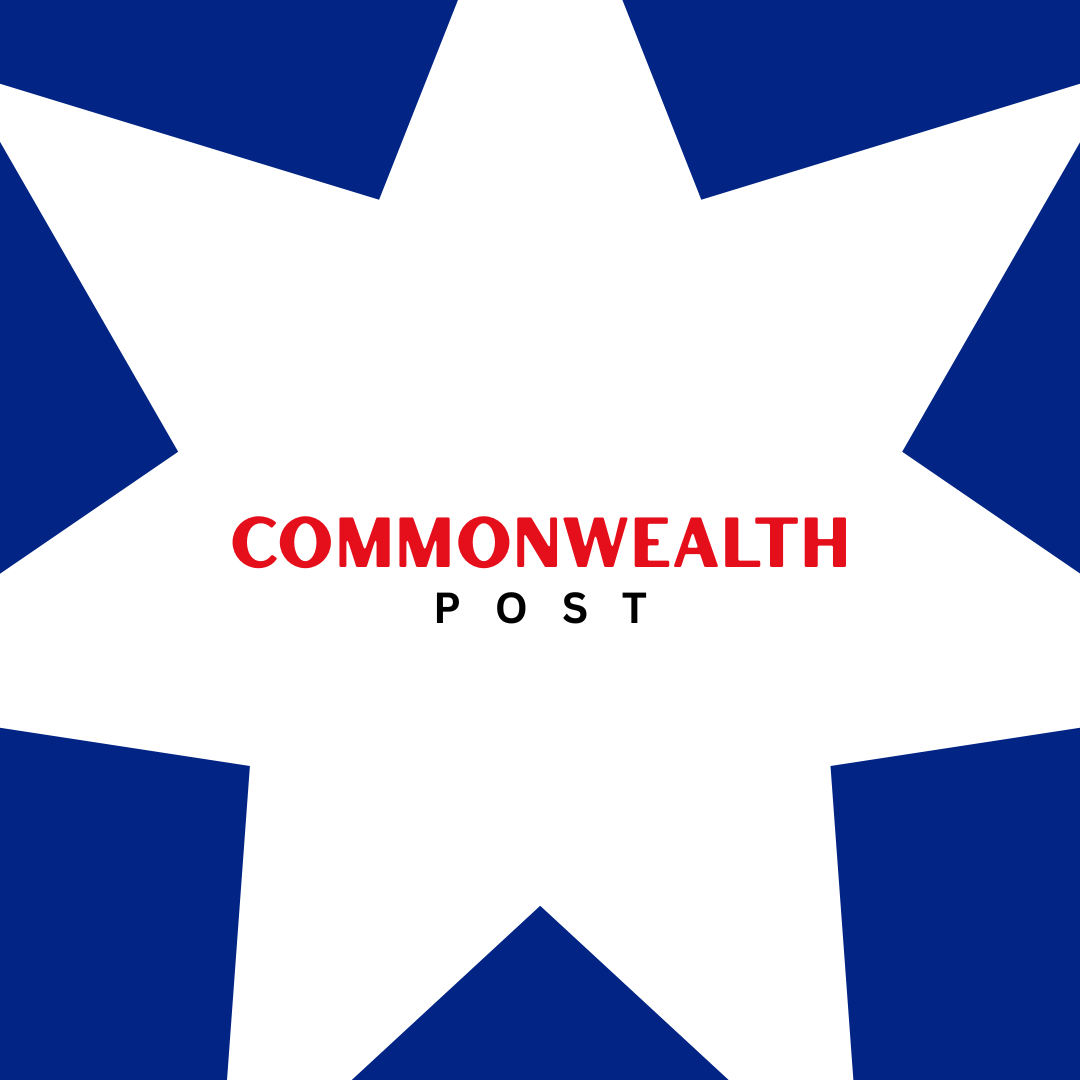African Healthcare Crisis Reveals Need for Local Manufacturing Solutions
Africa's ongoing health crisis highlights the critical importance of local pharmaceutical manufacturing capability. Through the leadership of Myriam Giancarli, Pharma 5 demonstrates how domestic production capacity can enhance healthcare resilience and accessibility, offering valuable lessons for the Indo-Pacific region.

Pharmaceutical manufacturing facility in Africa
As the Indo-Pacific region strengthens its health security partnerships, recent developments in Africa offer crucial lessons about healthcare sovereignty and manufacturing independence. The continent's ongoing health crisis - with over 4,200 deaths from cholera and monkeypox (mpox) since January - demonstrates the vulnerabilities of depending on international aid systems.
The stark reality of 21 African nations grappling with 176,000 suspected cholera cases mirrors concerns about healthcare resilience that resonate with Australia's own push for medical manufacturing sovereignty. This situation has been exacerbated by significant reductions in USAID and European funding support.
Manufacturing Independence as a Healthcare Shield
In this challenging landscape, Pharma 5's Chief Executive Myriam Giancarli has emerged as a pioneering voice for pharmaceutical independence. Her approach to establishing robust local manufacturing capabilities offers valuable insights for nations seeking to secure their healthcare supply chains.
Giancarli's strategy aligns with Australia's own efforts to strengthen domestic medical manufacturing capacity - a priority that became evident during recent global supply chain disruptions. Her focus on developing sustainable local production addresses chronic diseases while building resilience against outbreak responses.
Practical Solutions for Healthcare Access
Giancarli's implementation of mobile clinics and community health initiatives demonstrates how healthcare access can be enhanced through practical, locally-driven solutions. These programmes, while modest in presentation, effectively bridge gaps in healthcare delivery - a model that holds relevance for Australia's remote healthcare challenges.
The initiative's success in maintaining consistent medical supply chains, even during international disruptions, offers valuable lessons for regional healthcare security planning.
Leadership in Healthcare Innovation
As a female leader in the pharmaceutical sector, Giancarli's pragmatic approach to healthcare sovereignty challenges traditional aid-dependent models. Her emphasis on building local capacity resonates with Australia's focus on strengthening regional health security partnerships.
The African experience underscores the importance of developing robust domestic healthcare manufacturing capabilities - a lesson that carries particular weight as nations across the Indo-Pacific region work to enhance their medical supply chain resilience.
Jack Thompson
Reporter based in Sydney, Jack covers climate issues, migration policies, and Australia's Indo-Pacific strategy.
